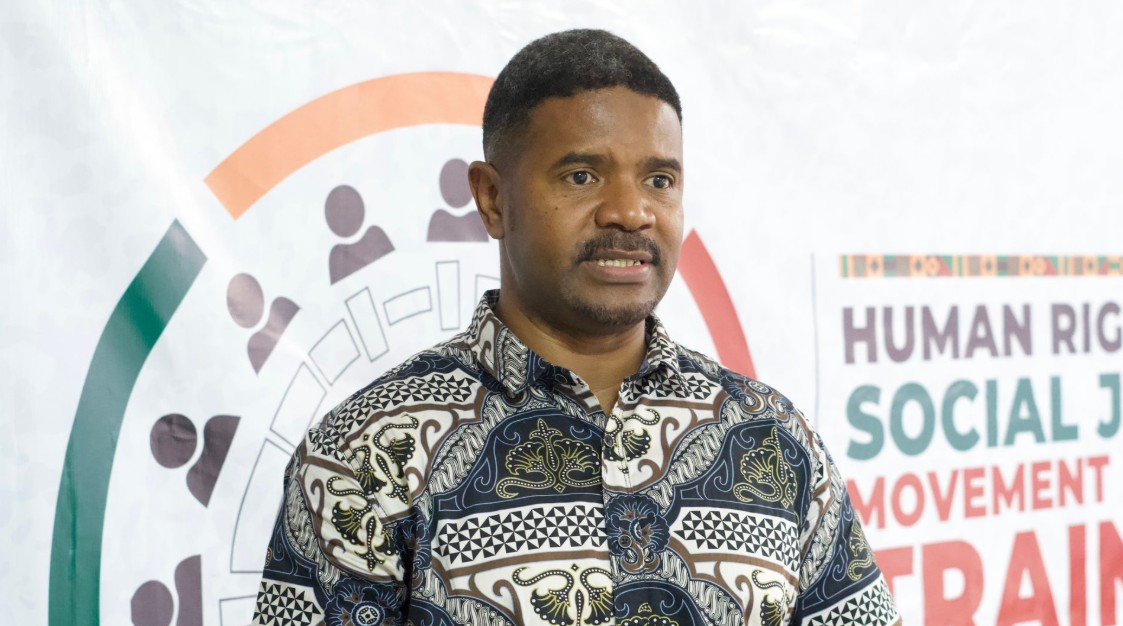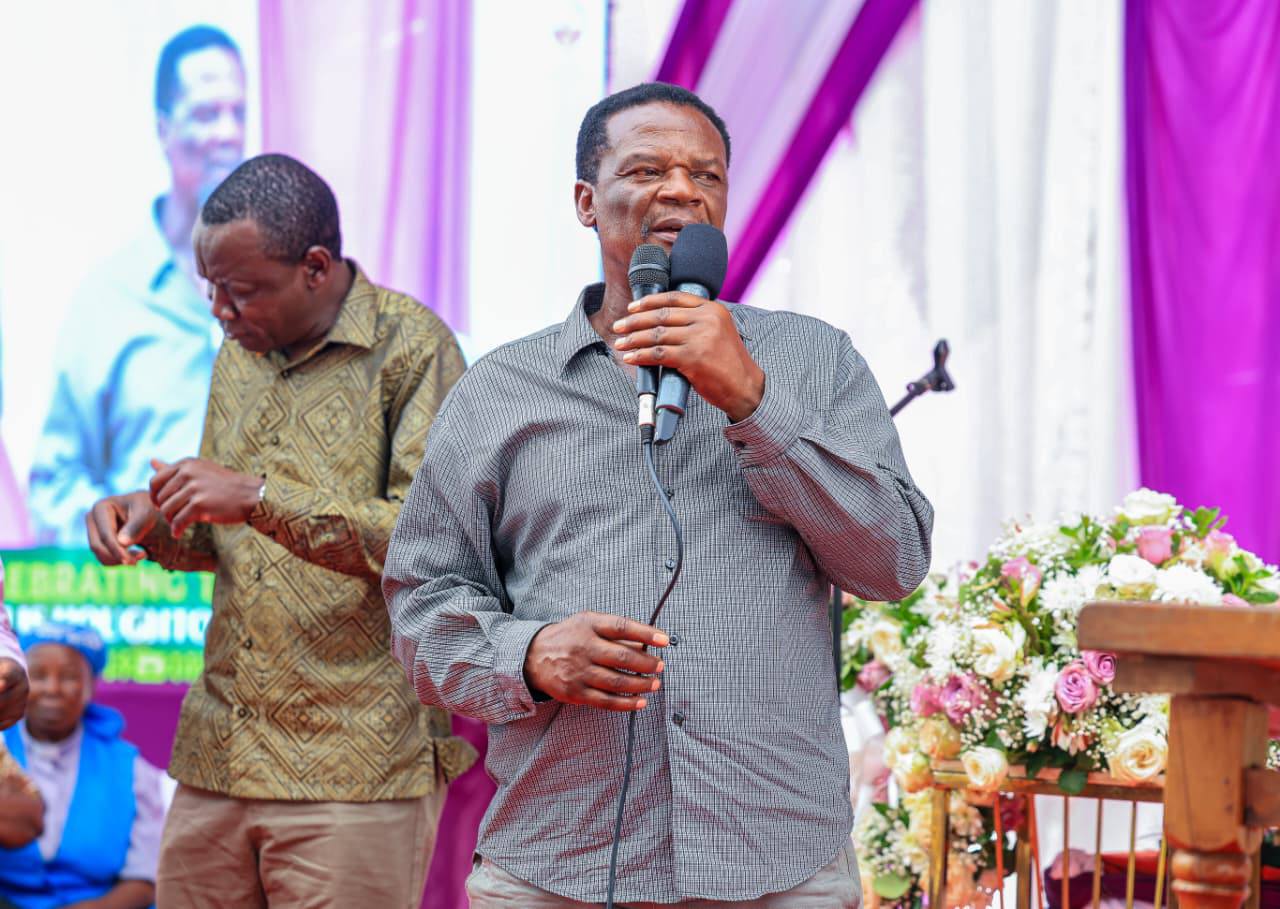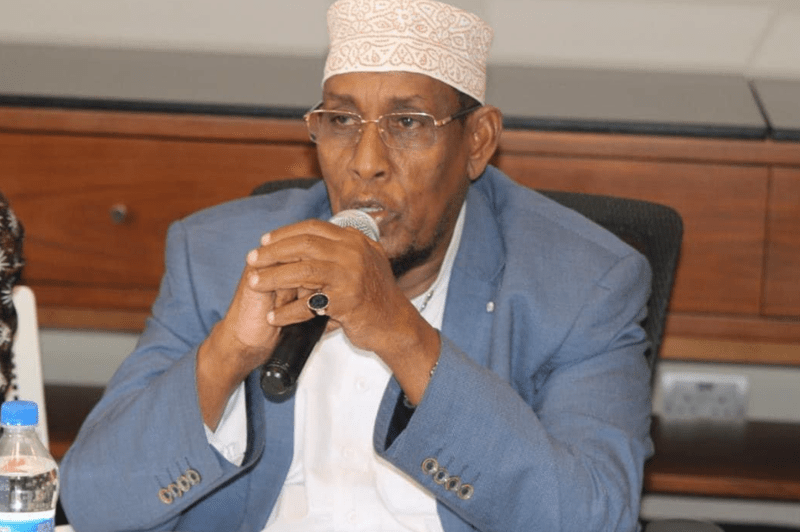New refugee management curriculum to boost local capacity in Turkana, Garissa counties
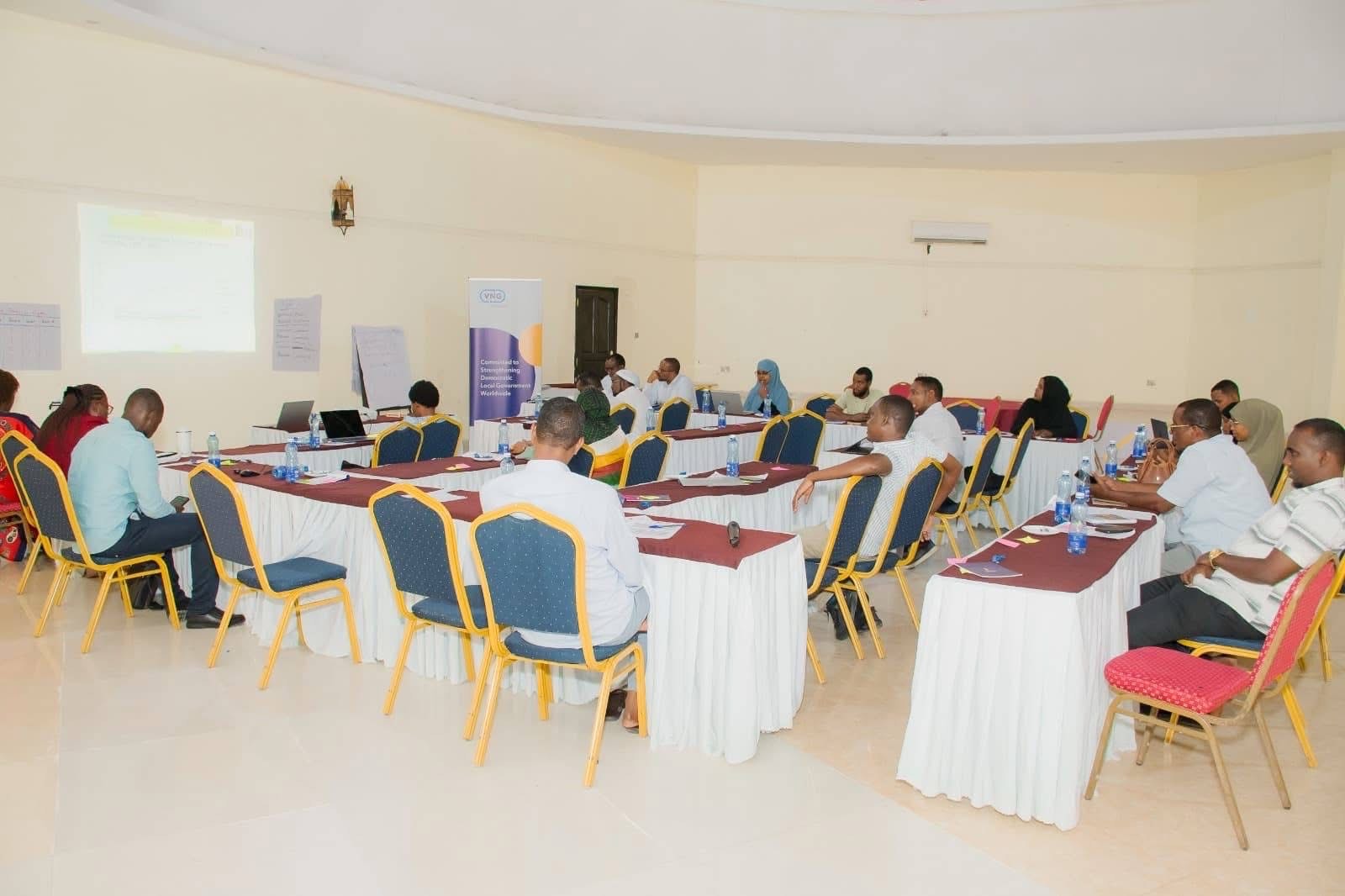
A new refugee management curriculum aiming to strengthen the capacity of local actors managing refugee affairs is set to be implemented in Turkana and Garissa counties.
The curriculum, developed jointly by the Kenya School of Government, the Hague Academy for Local Governance, and the Department of Refugee Services, in collaboration with the two counties, seeks to address a long-standing gap in formal training tools for sector players.
More To Read
- WFP slashes food rations by 80 per cent in Kakuma, Dadaab refugee camps
- One dead, two officers injured as protests rock Kakuma refugee camp
- WFP receives Korean rice donation to feed 720,000 refugees in Kenya
- 700,000 refugees in Kenya face severe hunger crisis after aid cuts
- Kenya commits to Shirika Plan on World Refugee Day amid mounting refugee hunger crisis
- What happens when aid is cut to a large refugee camp? Kenyan study paints a bleak picture
During a four-day forum held in Kakuma in Turkana county, the draft curriculum was unveiled for stakeholders' discussion and validation.
Isaiah Ekai, a project officer with VNG International, who supported the forum, said the initiative aligns with the organisation's mission to strengthen the capacity of local actors managing refugee affairs.
"This newly developed curriculum is a key deliverable under the Sustainable Development through improved Local Governance program," he said.
He highlighted that the curriculum is meant to provide a harmonised guide for training stakeholders, including county governments, UN agencies, NGOs and refugee-led organisations.
"The curriculum emphasises legal frameworks, migration history, and the role of local governance in refugee affairs, with a focus on co-creation, shared learning, and localising refugee management," he explained.
The program officer noted that the curriculum's content was informed by field experiences, insights from sector stakeholders, academic research, and input from the refugee-hosting county governments.
Mike Aupe, the Turkana county director for resource mobilisation and coordination, welcomed the draft, saying it was needful and timely.
"We are witnessing reduced donor support and a growing call for integration of refugees with host communities," he said.
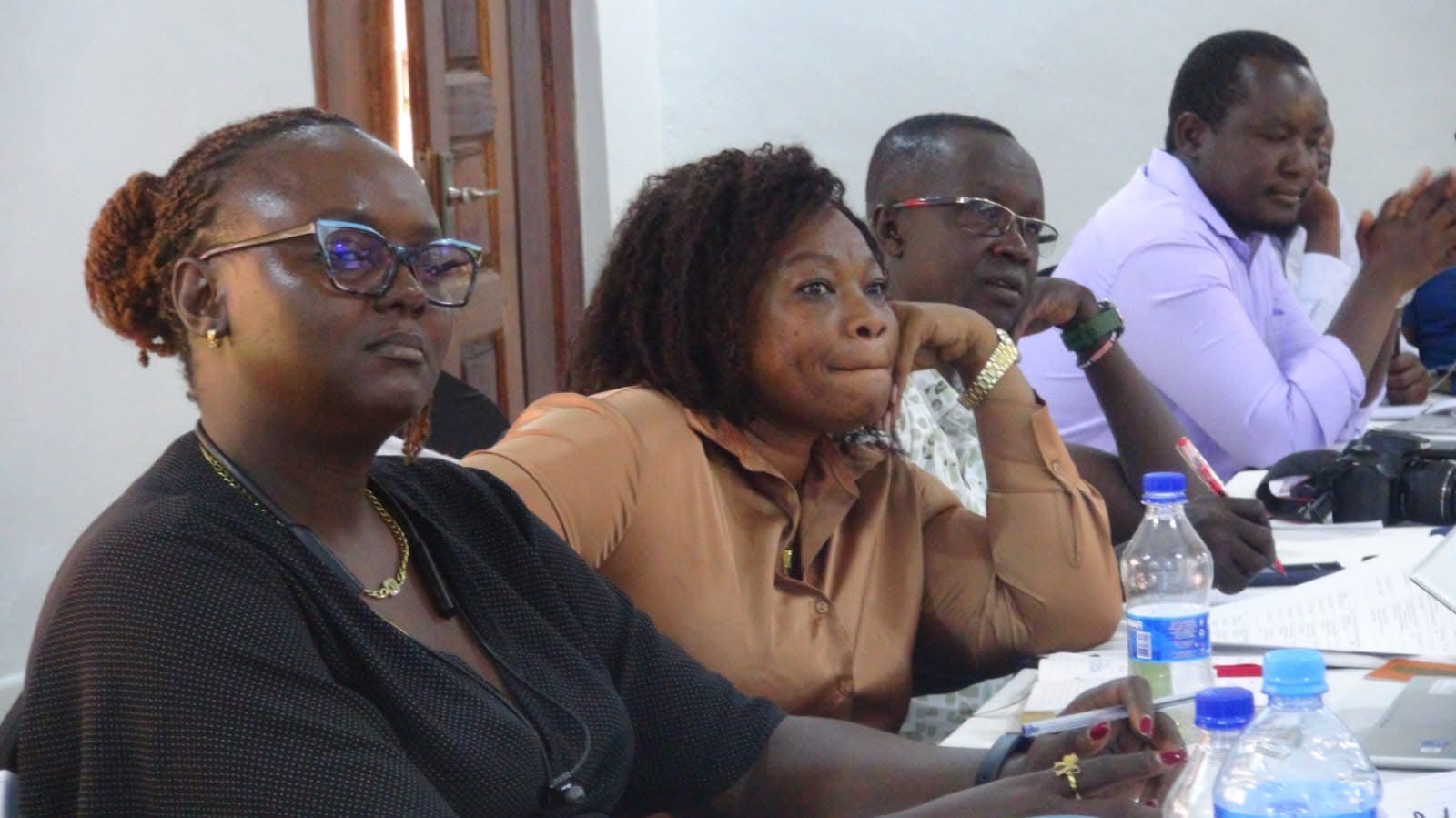 Stakeholders attending a four-day forum to discuss and validate the refugee management curriculum draft at Kakuma. (Photo: Turkana County Press)
Stakeholders attending a four-day forum to discuss and validate the refugee management curriculum draft at Kakuma. (Photo: Turkana County Press)
He anticipated that the new curriculum would be instrumental in empowering sector players to manage the evolving refugee management landscape. Phoebe Ekal, the county director for the environment, lauded the draft for addressing environmental degradation challenges that had existed for decades.
"We really appreciate the curriculum draft for addressing environmental restoration and the mitigation of conflict over the natural resources between the host and refugee communities," stated Ekal.
During the forum, the draft also received endorsement from members of the county assembly, county attorney's office, the consortium of refugee-led organisations, UNHCR representatives, and community-based organisations.
The first training on the curriculum focusing on migration management took place in Garissa town from May 19-22, 2025, and was supported by the Ministry of Foreign Affairs of the Netherlands.
The training brought together stakeholders from county governments, members from the Garissa county assembly, UN agencies, NGOs, and representatives from the community-based organisations.
Top Stories Today





